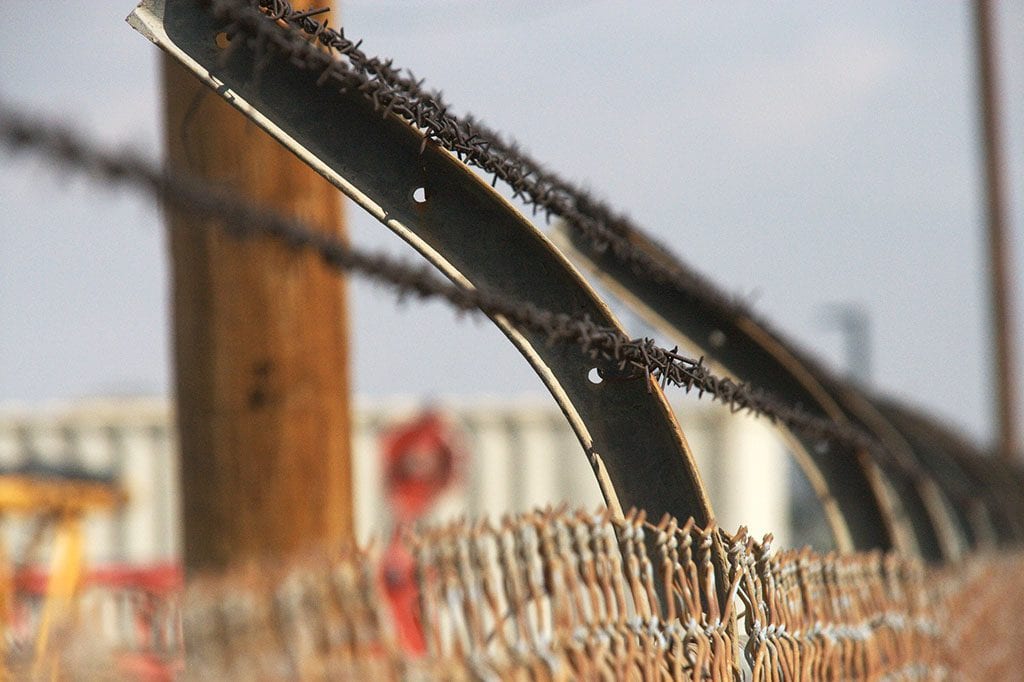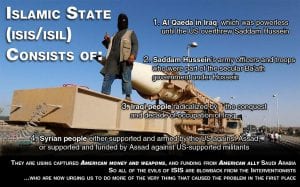
Updated Nov 30, 2023
Defense Industry Surges Amid Turkey-Russia Geopolitical Tensions
In the ever-shifting landscape of geopolitical tensions, the intricate dance between Turkey and Russia has become a captivating subplot on the world stage. While diplomatic manoeuvres unfold, a silent beneficiary emerges—the defense industry. This exploration delves into how the ongoing discord between Turkey and Russia is an unexpected boon for the defense sector, sparking innovation, attracting investments, and forging strategic alliances.
In an era marked by heightened geopolitical tensions, defense industries globally ride the crest of a dynamic wave. The voracious appetite for cutting-edge technologies, advanced weaponry, and innovative security solutions propels a remarkable surge in defense spending worldwide. The interplay between geopolitical conflicts and the resurgence of the defense industry takes centre stage in the escalating tensions between Turkey and Russia. This subplot accentuates the industry’s pivotal role in the face of evolving threats.
The modern warfare landscape evolves rapidly, demanding continual adaptation and innovation—nations, propelled by the need to stay technologically ahead, channel unprecedented resources into their defense sectors. The synergy between geopolitical tensions and defense industry dynamics is not merely a reactive response but a strategic recalibration to address emerging threats.
In the intricate chessboard of global geopolitics, the Turkey-Russia tensions become a testament to shifting alliances and power dynamics. As these nations navigate the delicate balance of diplomatic relations, their investments in defense capabilities play a crucial role in securing global positions. The defense industry emerges not only as a beneficiary but as a linchpin in the geopolitical strategies of nations, shaping the contours of international power play.
A Strategic Chessboard: Turkey and Russia in the Spotlight
The geopolitical chessboard is unforgiving, and Turkey finds itself in a delicate position, caught between the West and Russia. The acquisition of the Russian S-400 missile defense system by Turkey in 2019 further intensified the already strained relations. The move drew the ire of NATO allies, particularly the United States, leading to a complex web of diplomatic repercussions.
The tension between Turkey and Russia, rooted in conflicting interests in Syria and the broader Middle East, has inadvertently transformed both nations into crucial players in the global defense industry. The perpetual need for military preparedness in the face of uncertainty has driven these nations to bolster their defense capabilities, fostering an environment conducive to the growth of the defense industry.
Defense Industry: The Unlikely Beneficiary
While geopolitical tensions often evoke concerns about global stability, there’s an undeniable truth – conflict stimulates the defense industry. The increased focus on national security prompts nations to fortify their military capabilities, creating a lucrative market for defense contractors and technology innovators. In this context, the Turkey-Russia tensions have catalyzed a flurry of defense-related activities, injecting vitality into an industry that thrives on uncertainty.
Technological Arms Race: Innovations in the Defense Sector
In the pursuit of military supremacy, nations embroiled in geopolitical rivalries fuel an unending technological arms race. The Turkey-Russia tensions have, in turn, accelerated the development and deployment of state-of-the-art defense technologies. Both nations, vying for a strategic advantage, have opened the floodgates for research and development in areas such as missile defense, cyber warfare, and autonomous weaponry.
As these nations seek to outpace each other in the race for military dominance, the defense industry becomes the laboratory where cutting-edge innovations are born. The ripple effects are felt across the globe as defense contractors and tech companies vie for a slice of the lucrative pie, pushing the boundaries of what is possible in the realm of security and warfare.
Economic Implications: A Boon for Defense Contractors
Beyond the geopolitical chessboard, the economic implications of the Turkey-Russia tensions are profound. The increased focus on defense spending has injected a much-needed stimulus into the economies of both nations. Defense contractors, once grappling with uncertainties, now find themselves in a position of unprecedented growth.
The ripple effects extend beyond national borders, creating a global network of defense-related industries benefiting from the increased demand for military hardware and technology. As governments allocate significant portions of their budgets to defense, industries related to manufacturing, research and development, and logistics experience a windfall.
Strategic Alliances: Navigating the Geopolitical Maze
In the intricate dance of geopolitics, nations seek allies to bolster their positions. The Turkey-Russia tensions have prompted a reevaluation of strategic alliances, leading to unexpected partnerships in the defense industry. Traditional alliances are tested as nations explore new avenues for collaboration, driven by the imperative to secure their interests in an increasingly uncertain world.
The alliances forged in the crucible of geopolitical tensions have the potential to reshape the global defense landscape. As nations join forces to address common threats, defense industry players find themselves at the forefront of these collaborations, contributing expertise and technology to strengthen the collective security apparatus.
Mass Psychology and Defense Industry Dynamics
In the realm of geopolitics and defense, the influence of mass psychology is undeniable. The specter of conflict invokes a primal response, triggering a collective need for security and protection. This mass psychology element, deeply ingrained in the human psyche, serves as a catalyst for increased defense spending and the subsequent growth of the defense industry.
Governments, attuned to the pulse of public sentiment, respond to the collective anxiety by investing in military capabilities. The Turkey-Russia tensions, playing out on the global stage, amplify this psychological undercurrent, driving nations to prioritize defense in the pursuit of national security. The defense industry, in turn, becomes the beneficiary of this collective mindset, flourishing in an environment where the perceived threat of conflict looms large.
The Road Ahead: Balancing Act for Nations and Industry Players
As the Turkey-Russia tensions persist, the defense industry finds itself at the nexus of geopolitical maneuvering and economic resurgence. The delicate balance between national security imperatives and the economic implications of defense spending requires adept navigation by both nations and industry players.
For defense contractors and technology innovators, the challenges and opportunities are intertwined. The imperative to deliver cutting-edge solutions while navigating the complexities of geopolitical alliances defines the roadmap ahead. The Turkey-Russia tensions, while a source of tension on the diplomatic front, present a golden opportunity for the defense industry to thrive in an era defined by uncertainty.
Conclusion: The Unseen Hand of Geopolitics on Defense Industry Fortunes
In the grand tapestry of global affairs, the Turkey-Russia tensions emerge as a subplot with far-reaching consequences. The dynamics of conflict and cooperation, played out on the geopolitical stage, have inadvertently cast the defense industry into a spotlight of growth and innovation. As nations grapple with the complexities of modern warfare, the defense industry stands as a bastion of resilience, fueled by the imperatives of national security and the intricate dance of global politics.
In this intricate web of alliances, conflicts, and economic stimuli, the defense industry emerges not just as a passive observer but as an active participant shaping the contours of the future. The Turkey-Russia tensions, far from being a harbinger of instability, serve as a catalyst for the defense industry to rise to new heights, pushing the boundaries of technological prowess and strategic collaboration on the global stage.
Unlock New Ideas: Inspiring Articles
EU stands to benefit by Granting China free market status
China cuts rates to boost green energy demand

China showcases its culture to the World
Remaking Moscow lures more Chinese investment
Chinese firms extend Moscow’s rail networks
Russians show patriotism on nuclear bunker tours
Moscow hi-tech parks seek lower production costs
Despite challenges & sanctions: Russian oil & gas remain profitable
Downed Su-24 shows U.S treachery
Global Warming Is Fake: Let’s See If This is True

Chinese flocking to U.S. Real Estate and German Migrant crisis

U.S. backed Coup in Ukraine, China wins, Russia resists



